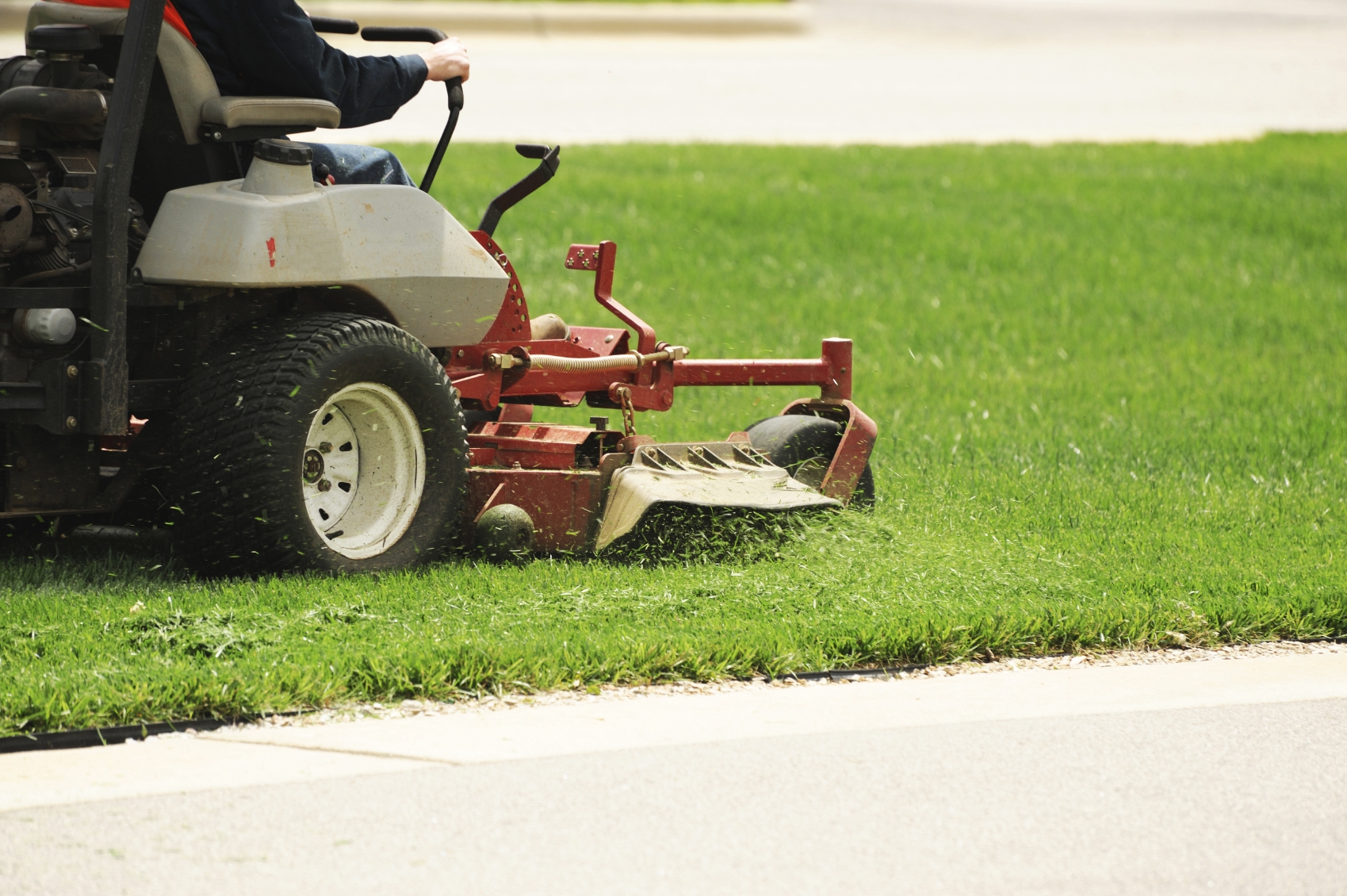Is the Drought Drying up your Landscaping Business?
What’s a Landscaper to Do?

Many Midwestern landscapers are coming off a winter that offered them little to no snow revenue. Ouch. And now there’s the drought. Double ouch.
So, what’s a landscaper to do?
Green industry experts Mike Rorie, former President of GroundMasters Inc., and Terry Delany, President of GroundSERV, weigh in on the issue.
What has your experience been with the drought this summer?
Rorie: From a personal experience, I learned how well my irrigation system was working- or not working for that matter. When mother nature stops doing her share for greener grass, the job of an irrigation system becomes significantly harder, and in turn can wear the system out. This is what happened at my home in early July and what I’ve been dealing with since. Because of these issues, my contractor needed to pay much closer attention to our home, and we also ended up spending more money than we normally would on our system.
Delany: We service Washington and Benton counties in Northwest Arkansas, and they were just listed as the two driest counties in the nation! We need 15+ inches of rain just to get back to even. I can tell you also that the LCO’s that service residential accounts around here are starving to death. Many of them are down to servicing properties once a month or less.
But the drought has had a predictably GOOD effect on GroundSERV. Since we service only commercial accounts, of which nearly all have irrigation systems, the mowing hasn’t really been effected.
What can landscape contractors do to stay afloat during the drought?
Rorie: I hear all the time about how very wet or very dry conditions can have a negative impact on contractors. They can defeat this by reviewing the terms in which they provide service. If pricing and terms can’t withstand the extremes, they need adjusted. An even-billing model may be a good option.
Delany: Diversification. I mentioned before, we service only commercial accounts, of which nearly all have irrigation systems. Of course, our irrigation repair and maintenance sales are climbing quickly. On top of that, since we offer multiple exterior services, the dusty environment has caused an uptick in other services, including window washing and pressure washing.
What can a landscape contractor do to ensure customers are happy when properties are suffering from the effects of the drought?
Rorie: You must communicate with your customers so that you can understand their perceptions of the drought and address their concerns accordingly.
There is a laundry list of things to cover with your customers in order to understand their perceptions: Do they feel your overcharging them because they think your work load is dramatically reduced? Or, do they feel the site looks neat and as well as it can under these stressful conditions? Do they think you’re doing everything to inform and/or minimize these harsh effects to the site? Do they feel your being proactive in offering possible options they can consider? And if you have presented your customers with some options, do they want to face some of these decisions, or do they feel it’s a condition of the environment and they can wait it out?
Being available to your customers is paramount to customer retention.
Delany: I think Mike got it right. Communication is king. If you aren’t as busy mowing grass, you’d better be busy holding hands with the people who write you checks. Even though clients know that there is nothing their landscape contractor can do about the weather, they are frustrated with the effects the drought has on their properties, and those frustrations usually get channeled to the contractor. If you aren’t already very close to your client, now is the time to get there. It’s hard to blame someone you have a good relationship with. Take this opportunity to move yourself from “vendor” to “trusted expert”.
How do you get your customers excited about their landscaping during the drought?
Rorie: When we are dealing with drought conditions it’s very hard to get customers excited about their landscaping. Things just don’t look good. Steering them beyond the present can be helpful. To build a little excitement, shift their focus to fall plantings or a hardscape project.
Delany: We try to steer their eyes away from the areas of their property that are hurting due to lack of water and toward areas that can be improved despite the weather. Planting in a drought is a bad idea, but what about pressure washing the sidewalks and entryway, so that visitors to the property are met with clean, fresh concrete instead of stains and gum. Fresh mulch will also spruce up the look of the beds, and actually helps preserve what little water is in the ground. Enlist a consultative strategy instead of a “we’re just trying to sell you something” approach to set yourself apart from other service providers.
There you have it. Now, what are your thoughts on the drought?









Leave a Reply
Want to join the discussion?Feel free to contribute!